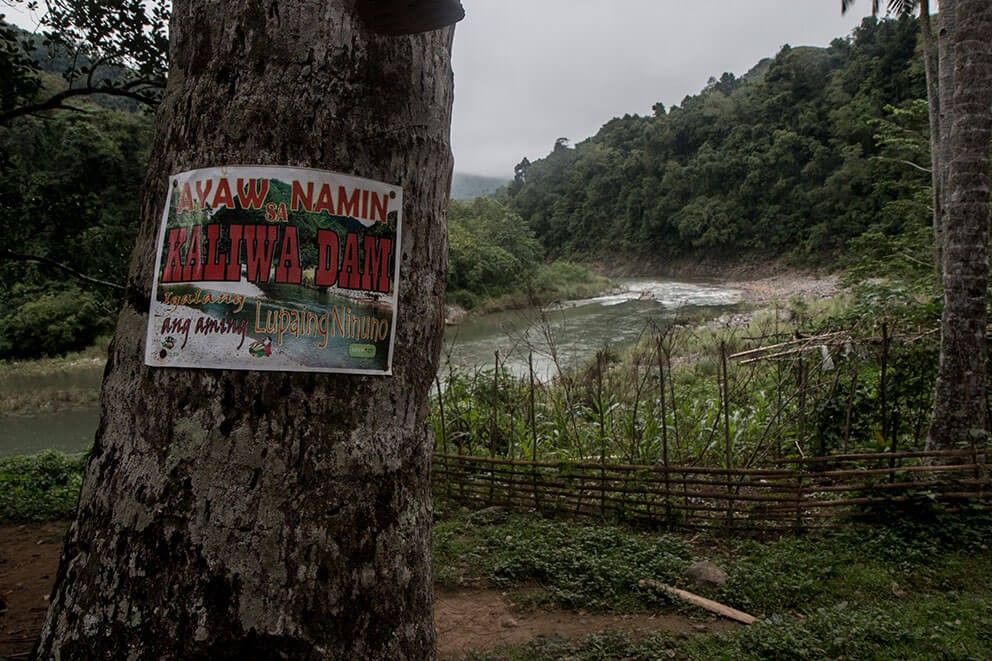Half of ancestral lands threatened by destructive projects — report

MANILA, Philippines — Environmentally destructive projects such as large-scale mining and logging have threatened half of indigenous territories in the Philippines, a legal and policy research institution said.
According to the 2022 State of the Indigenous Peoples Address Report by the Legal Rights and Natural Resources Center, 1.25 million hectares of indigenous lands or 21% of registered ancestral domains were embroiled in projects seen to pose ecological risks such as massive disturbance and pollution of land, waterways, air and biodiversity.
Ancestral lands cover around 13 to 14 million hectares of the country’s land area. Of those, 5.3 million hectares are forest, making up 75% of the remaining forest cover in the Philippines.
Years of research have shown that indigenous communities are the best protectors of the forests they call home.
The LRC found that 83 out of 410 environmentally critical projects listed by the Environmental Management Bureau were situated within or close to lands under registered Certificate of Ancestral Domain Titles (CADTs).
CADTs refer to titles formally recognizing the rights of possession and ownership of indigenous peoples over their ancestral domains in accordance with the Indigenous Peoples’ Rights Act of 1997.
According to the report, 49% of mining projects in the country and 87% of forest areas covered by large-scale logging were in conflict with registered ancestral domains.
“Protecting ancestral domains and their natural defenses to extreme climate impacts is urgently needed if we are to rise above the climate emergency we are already experiencing now,” said lawyer Mai Taqueban, executive director of LRC.
The report was released ahead of the COP27 climate talks in Egypt, where governments and campaigners tackle measures to keep global warming under control and protect communities from the worst impacts of climate change.
RELATED: Talks with Dumagats on Kaliwa Dam MOA 'railroaded', project critics say
At risk
“Underpinning these tensions with and pressures on IPs and their ancestral domains is the weak implementation of the free, prior and informed consent (FPIC) process,” the report read.
The LRC also reported that at least 45 indigenous peoples were killed from 2019 to 2021. Top drivers of IP killings were land grabbing and conflict with ancestral domains, mining and quarrying and dam projects.
“The exploitation and commoditization of nature is sadly an enduring framework to managing our natural resources. This is contrary to indigenous peoples’ conception of development,” Taqueban said.
“Not only has this marginalized them, it has also worsened their human rights situation, for many of them naturally oppose these projects. What they have been clamoring for is support for their own development plans, anchored in their right to self-determination,” she added.
The Philippines was identified as the deadliest country in Asia for land and environment defenders for the ninth consecutive year by international organization Global Witness.
Taqueban said indigenous peoples were calling for a harmonization of IPRA with natural resources and other laws affecting them and urging the government to fasttrack the issuance of CADTs.
RELATED: Philippines still deadliest country in Asia for environmentalists — Global Witness
- Latest

























